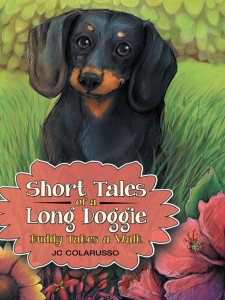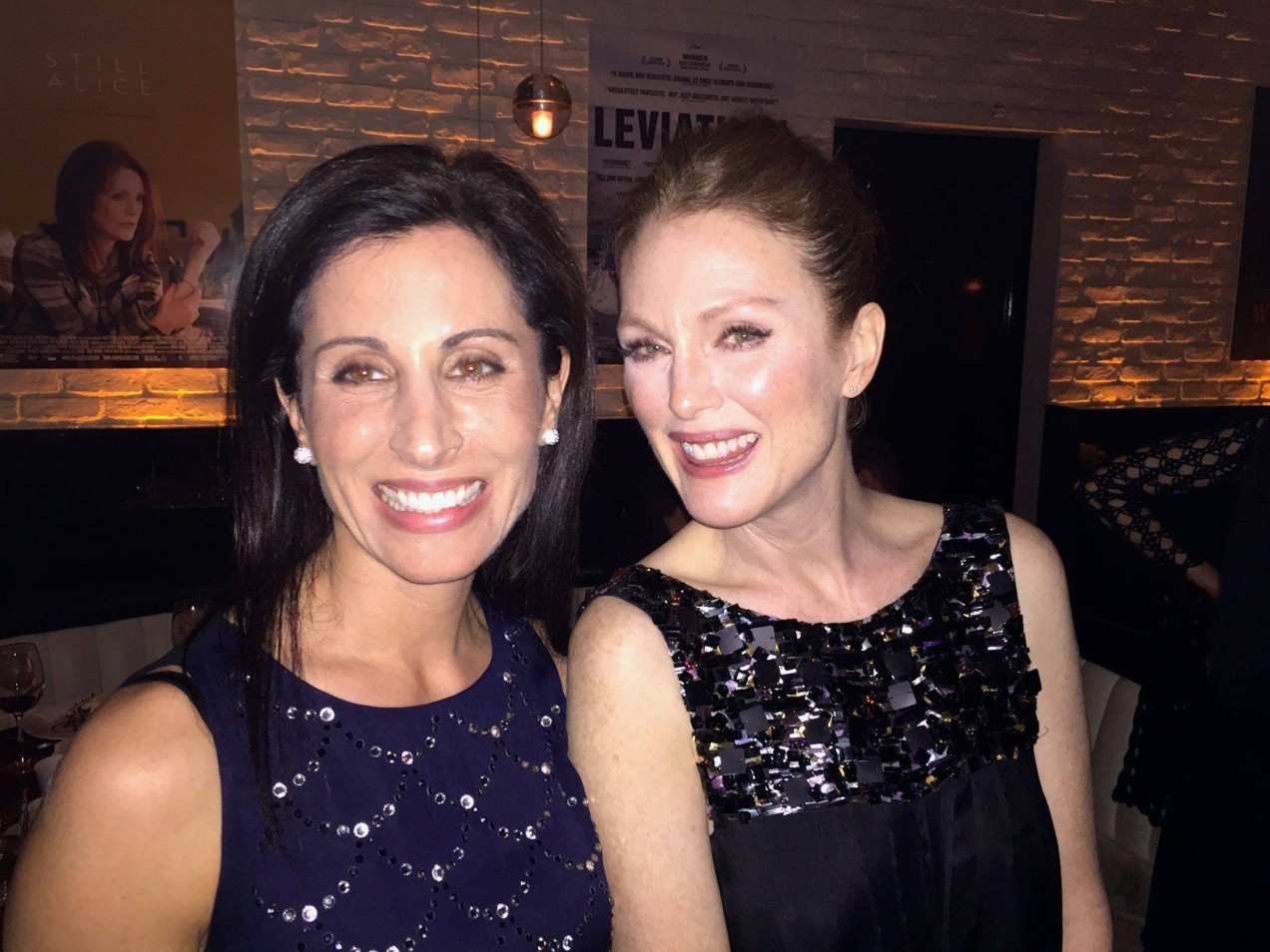From time to time, Archway Publishing turns over its blog to its authors, giving them the opportunity to share stories and perspectives about their individual self-publishing journeys. The following are the words of JC Colarusso, author of “Short Tales of a Long Doggie.” Check out our free publishing guide for more information on Archway’s supported self-publishing services.
Follow your passion! If there is one formula I would recommend for writing, or in life, it would be that. I have always wanted to write a book. I
have written about personal experiences, I have tried to write total fiction, but when it came right down to completing a writing project from start to finish, it was when I followed my passion.
About Passion:
I have always loved animals. I grew up in rural Saskatchewan, where most of our animals were sadly considered as part of our next meal. I like to think that I was always able to recognize the beauty and the awareness of these animals, whether it was a chicken, or a cow or a deer. It wasn’t until I moved to the city and saw the waste of these little, perfect spirits due to neglect or abuse, that I realized I needed to do something to help them. But rescue work is very difficult, and the outcome often heartbreaking. I found that the most productive thing I could do, and hopefully do well, was to write to young minds and help them understand this concept of mutual respect. Buddy, my wonderful little dog was going to help me do that!
Buddy the dachshund was my “once in a lifetime” dog. Determined, funny and independent, as dachshunds are bred to be, he spent his 13 years teaching me a myriad of life lessons.

Colarusso’s advice to aspiring authors: “Follow your passion! If there is one formula I would recommend for writing, or in life, it would be that.”
My Target Audience:
Children respond to dachshunds because they are short in stature and comical in nature- truly endearing. Today children are pushed to be active, and are kept very busy from the time they are very young. I like to think that reading develops their mind in a whole different way than playing computer games. Reading with your child, interacting and talking about the book is important and necessary. Computers are great but there is a lack of human interaction that concerns me.
The other issue is that we have become a disposable society. And pets have become increasingly disposable. I wonder when families get rid of a pet for whatever reason, it sends a sad and fearsome message to a child who wonders if they could be disposable as well.
My Team:
Although I felt I had good instinct, if I wanted this book to become a reality I needed help. As a full time working person, the amount of time I could dedicate to this project was limited. That was when I found Archway Publishing. They helped me fill in the gaps with what I needed to know in order to produce a quality product. They had experts who guided me along the way, and encouraged me every time I was ready to give up.
The Result:
Everything about this book is upbeat. The character is always happy, and always ready for each new adventure. He loves his life and where he lives and everything around him. The graphics are bright and cheerful, and the location is a sunny, happy place called Florida. This is a truly endearing book, written with love. How could it not be successful?
– AWP –
Archway Publishing is always looking for content for its blog. If you’re an Archway Publishing author and would like to share an idea for a guest blog post, please tweet us @ArchwayPub or send us a message through our Facebook page – www.facebook.com/ArchwayPublishing



 ttention to the plot of your novel, or focus of your non-fiction work. You’ve edited, re-edited or enlisted the help of a professional editor to ensure that the text flow. But before you hit submit, it’s important that you review some of the less prominent, but equally important parts of your work.
ttention to the plot of your novel, or focus of your non-fiction work. You’ve edited, re-edited or enlisted the help of a professional editor to ensure that the text flow. But before you hit submit, it’s important that you review some of the less prominent, but equally important parts of your work.

